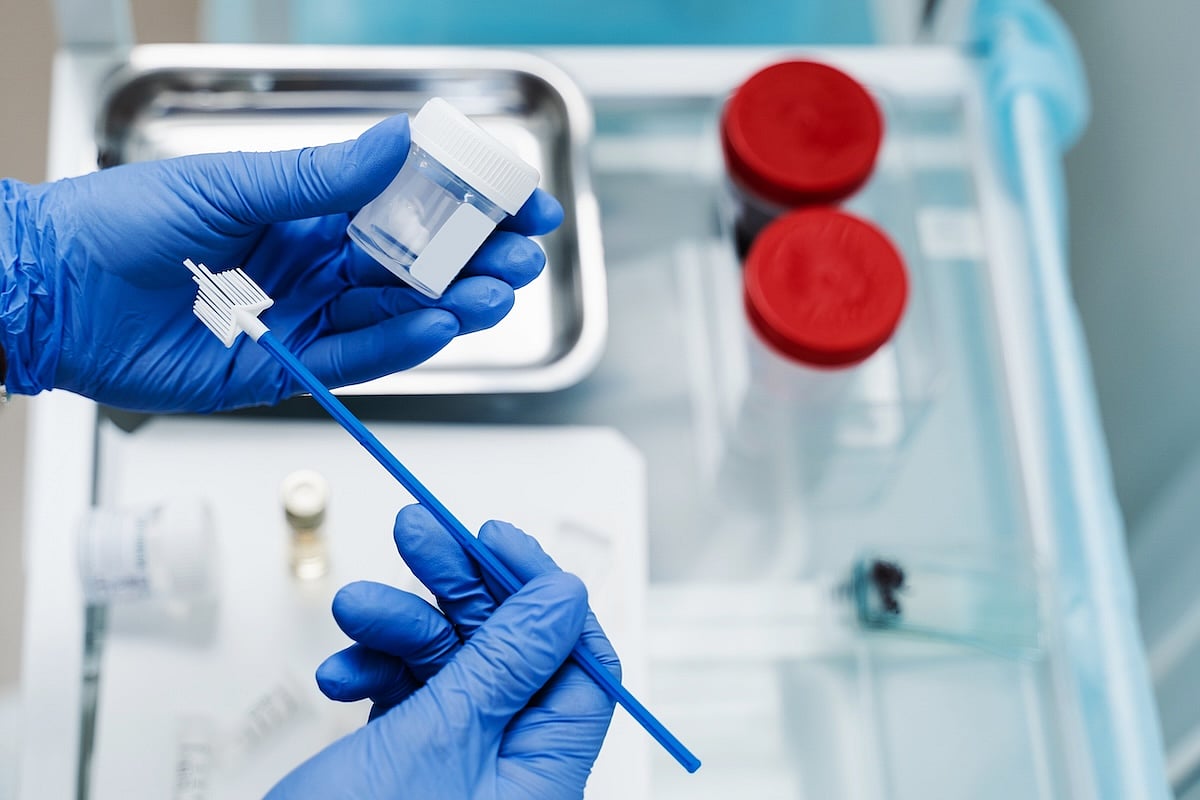Greatest increases seen among underrepresented communities including Black adults and those with lower education
By Lori Solomon HealthDay Reporter
THURSDAY, Sept. 18, 2025 (HealthDay News) — Nonadherence to cervical cancer screening in the United States increased after the COVID-19 pandemic, according to a study published online Sept. 10 in PLOS Global Public Health.
Mariah Malak Bilalaga, M.D., from the MedStar Health Georgetown University Internal Medicine Residency Program in Baltimore, and colleagues compared human papillomavirus (HPV) vaccination knowledge and nonadherence rates to cervical cancer screening in a nationally representative sample of American women before and after the COVID-19 pandemic. The analysis included 1,905 female participants (aged 21 to 65 years) participating in the National Cancer Institute Health Information National Trends Survey (2019 and 2022).
The researchers found that the prevalence of nonadherence in 2019 was 19.2 percent and increased by 6.6 percent in 2022. The increase was greater in Black versus White women (13.9 versus 5.6 percent). For HPV vaccination knowledge, 18.9 percent did not hear about the HPV vaccine in 2019; this percentage increased slightly by 2.8 percent in 2022. Both greater nonadherence rates and not hearing about the HPV vaccine were significantly associated with being Black and having lower education. After the COVID-19 pandemic, nonadherence to cervical cancer screening increased, especially among underrepresented communities, including Black adults and those with lower education.
“Further studies are needed to elucidate barriers associated with greater nonadherence rates and to explore targeted interventions, such as educational campaigns, community outreach programs, and initiatives to improve access for underserved populations, which may promote more equitable screening uptake and health care access,” the authors write.
Copyright © 2025 HealthDay. All rights reserved.








